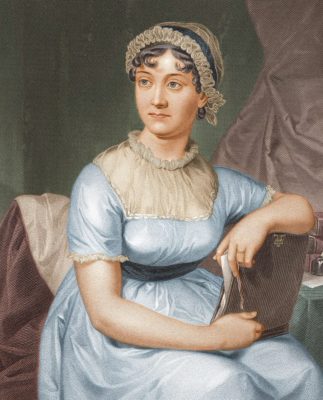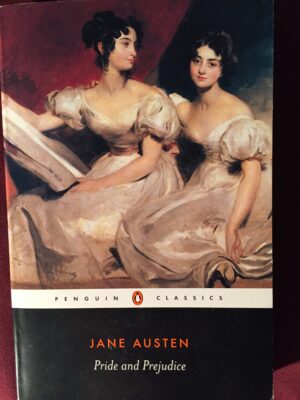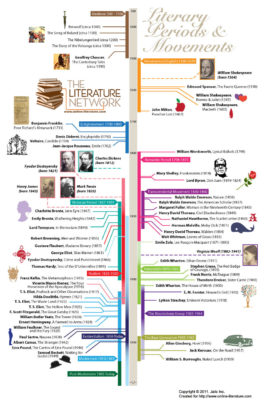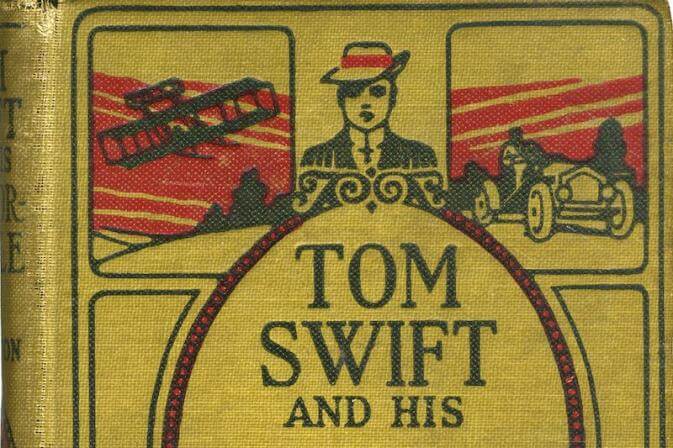Patti’s words cut like steel through the rain.

Sam Shepard and Patti Smith at the Hotel Chelsea in 1971.Photograph by David Gahr/Getty
My Buddy
By Patti Smith
August 1, 2017
He would call me late in the night from somewhere on the road, a ghost town in Texas, a rest stop near Pittsburgh, or from Santa Fe, where he was parked in the desert, listening to the coyotes howling. But most often he would call from his place in Kentucky, on a cold, still night, when one could hear the stars breathing. Just a late-night phone call out of a blue, as startling as a canvas by Yves Klein; a blue to get lost in, a blue that might lead anywhere. I’d happily awake, stir up some Nescafé and we’d talk about anything. About the emeralds of Cortez, or the white crosses in Flanders Fields, about our kids, or the history of the Kentucky Derby. But mostly we talked about writers and their books. Latin writers. Rudy Wurlitzer. Nabokov. Bruno Schulz.
“Gogol was Ukrainian,” he once said, seemingly out of nowhere. Only not just any nowhere, but a sliver of a many-faceted nowhere that, when lifted in a certain light, became a somewhere. I’d pick up the thread, and we’d improvise into dawn, like two beat-up tenor saxophones, exchanging riffs.
He sent a message from the mountains of Bolivia, where Mateo Gil was shooting “Blackthorn.” The air was thin up there in the Andes, but he navigated it fine, outlasting, and surely outriding, the younger fellows, saddling up no fewer than five different horses. He said that he would bring me back a serape, a black one with rust-colored stripes. He sang in those mountains by a bonfire, old songs written by broken men in love with their own vanishing nature. Wrapped in blankets, he slept under the stars, adrift on Magellanic Clouds.
Sam liked being on the move. He’d throw a fishing rod or an old acoustic guitar in the back seat of his truck, maybe take a dog, but for sure a notebook, and a pen, and a pile of books. He liked packing up and leaving just like that, going west. He liked getting a role that would take him somewhere he really didn’t want to be, but where he would wind up taking in its strangeness; lonely fodder for future work.
In the winter of 2012, we met up in Dublin, where he received an Honorary Doctorate of Letters from Trinity College. He was often embarrassed by accolades but embraced this one, coming from the same institution where Samuel Beckett walked and studied. He loved Beckett, and had a few pieces of writing, in Beckett’s own hand, framed in the kitchen, along with pictures of his kids. That day, we saw the typewriter of John Millington Synge and James Joyce’s spectacles, and, in the night, we joined musicians at Sam’s favorite local pub, the Cobblestone, on the other side of the river. As we playfully staggered across the bridge, he recited reams of Beckett off the top of his head.
Sam promised me that one day he’d show me the landscape of the Southwest, for though well-travelled, I’d not seen much of our own country. But Sam was dealt a whole other hand, stricken with a debilitating affliction. He eventually stopped picking up and leaving. From then on, I visited him, and we read and talked, but mostly we worked. Laboring over his last manuscript, he courageously summoned a reservoir of mental stamina, facing each challenge that fate apportioned him. His hand, with a crescent moon tattooed between his thumb and forefinger, rested on the table before him. The tattoo was a souvenir from our younger days, mine a lightning bolt on the left knee.
Going over a passage describing the Western landscape, he suddenly looked up and said, “I’m sorry I can’t take you there.” I just smiled, for somehow he had already done just that. Without a word, eyes closed, we tramped through the American desert that rolled out a carpet of many colors—saffron dust, then russet, even the color of green glass, golden greens, and then, suddenly, an almost inhuman blue. Blue sand, I said, filled with wonder. Blue everything, he said, and the songs we sang had a color of their own.
We had our routine: Awake. Prepare for the day. Have coffee, a little grub. Set to work, writing. Then a break, outside, to sit in the Adirondack chairs and look at the land. We didn’t have to talk then, and that is real friendship. Never uncomfortable with silence, which, in its welcome form, is yet an extension of conversation. We knew each other for such a long time. Our ways could not be defined or dismissed with a few words describing a careless youth. We were friends; good or bad, we were just ourselves. The passing of time did nothing but strengthen that. Challenges escalated, but we kept going and he finished his work on the manuscript. It was sitting on the table. Nothing was left unsaid. When I departed, Sam was reading Proust.
Long, slow days passed. It was a Kentucky evening filled with the darting light of fireflies, and the sound of the crickets and choruses of bullfrogs. Sam walked to his bed and lay down and went to sleep, a stoic, noble sleep. A sleep that led to an unwitnessed moment, as love surrounded him and breathed the same air. The rain fell when he took his last breath, quietly, just as he would have wished. Sam was a private man. I know something of such men. You have to let them dictate how things go, even to the end. The rain fell, obscuring tears. His children, Jesse, Walker, and Hannah, said goodbye to their father. His sisters Roxanne and Sandy said goodbye to their brother.
I was far away, standing in the rain before the sleeping lion of Lucerne, a colossal, noble, stoic lion carved from the rock of a low cliff. The rain fell, obscuring tears. I knew that I would see Sam again somewhere in the landscape of dream, but at that moment I imagined I was back in Kentucky, with the rolling fields and the creek that widens into a small river. I pictured Sam’s books lining the shelves, his boots lined against the wall, beneath the window where he would watch the horses grazing by the wooden fence. I pictured myself sitting at the kitchen table, reaching for that tattooed hand.
A long time ago, Sam sent me a letter. A long one, where he told me of a dream that he had hoped would never end. “He dreams of horses,” I told the lion. “Fix it for him, will you? Have Big Red waiting for him, a true champion. He won’t need a saddle, he won’t need anything.” I headed to the French border, a crescent moon rising in the black sky. I said goodbye to my buddy, calling to him, in the dead of night.
More:







